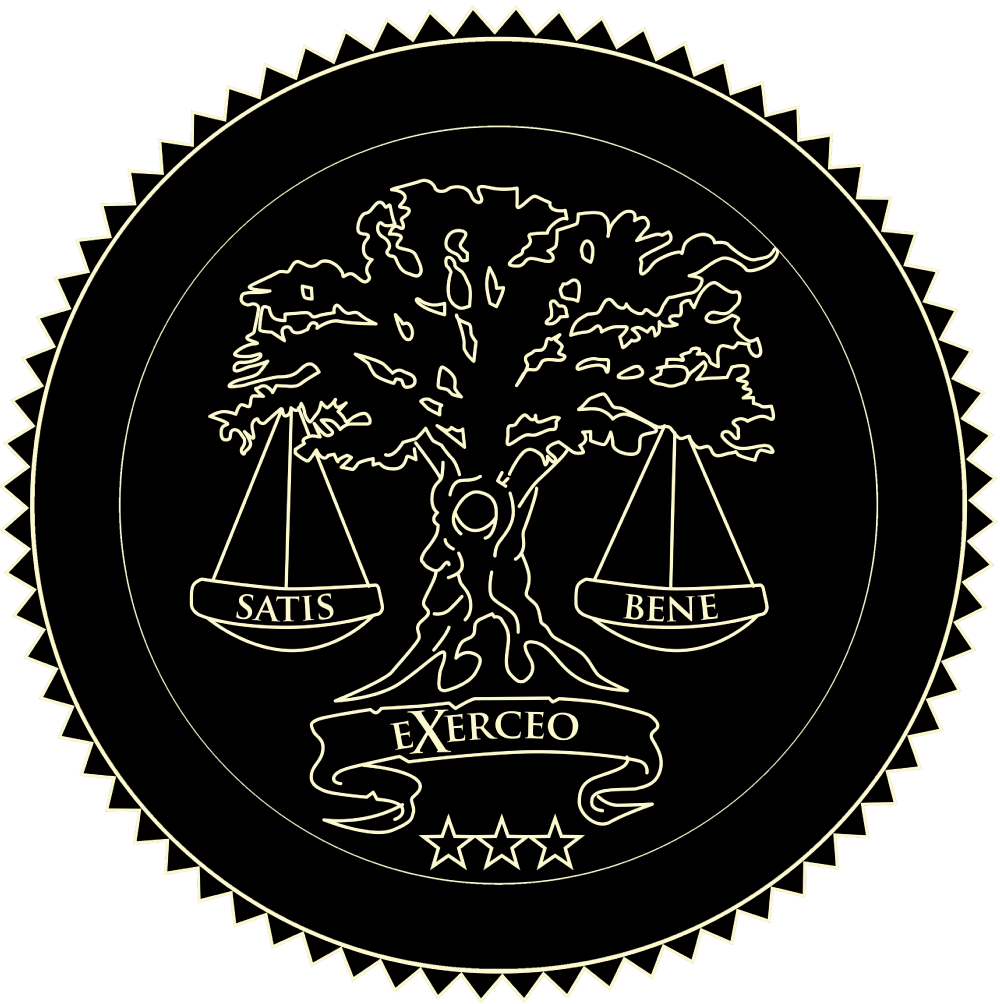Alexander the Great stands as one of history’s most renowned leaders, a man whose conquests and governance reshaped the ancient world. Born in 356 BC in Pella, the ancient capital of Macedonia, Alexander was the son of King Philip II and Queen Olympias. Educated by the philosopher Aristotle, Alexander developed a keen intellect and a passion for knowledge, which he later applied to his military strategies and governance. By the age of 20, Alexander had ascended to the throne of Macedonia, following the assassination of his father. Over the next decade, he embarked on an unprecedented military campaign, creating one of the largest empires in history by the time of his death at the age of 32.
Understanding “The Law of the Lock”
“The Law of the Lock” is an exclusive principle of The Bellwether Alliance, an organization dedicated to unlocking human potential and achieving extraordinary leadership. This principle posits that leadership is the crucial factor determining a person’s potential in life, particularly regarding the attainment of generational wealth and significant global impact. Without strong leadership abilities, even the most knowledgeable and skilled individuals are confined to limited success, akin to being locked in a room with only the basics of comfort and opportunity.
To visualize this concept, imagine a world where everyone lives in a single room. No matter how comfortable or well-equipped the room becomes, true potential remains unattainable because the door is locked. Leadership is the key that unlocks this door, allowing an individual to explore, grow, and achieve beyond the confines of their initial environment. It is this unlocking that transforms limited success into expansive influence and impact.
John Maxwell, a modern-day writer, and entrepreneur, elaborates on this idea through the analogy of a chef. A chef with a perfect soup recipe but only a small pot can only serve a few. However, by scaling the ingredients and pot size, the chef can serve many more, achieving greater influence and success. Leadership, in this analogy, is the lid on the pot, determining the volume of soup that can be made.
Alexander the Great epitomized “The Law of the Lock” through his extraordinary leadership skills, which enabled him to unlock not only his potential but also the potential of his empire. His ability to inspire and lead his troops was unparalleled, allowing him to conquer vast territories and integrate diverse cultures into a cohesive empire.
Early Leadership and Military Genius
From a young age, Alexander demonstrated remarkable leadership qualities. Trained by his father, Philip II, and mentored by Aristotle, he acquired a blend of military prowess and philosophical wisdom. At 18, he played a crucial role in the Battle of Chaeronea, leading the cavalry to a decisive victory, showcasing his strategic brilliance, and earning the loyalty of his soldiers.
Upon ascending the throne, Alexander swiftly dealt with internal threats, securing his kingdom before launching his campaigns against the Persian Empire. His strategic genius was evident in battles like Issus and Gaugamela, where he employed innovative tactics to outmaneuver and defeat numerically superior forces. These victories not only expanded his empire but also solidified his reputation as a military genius.
Visionary Leadership and Cultural Integration
Alexander’s leadership transcended the battlefield. He envisioned a world where Greek culture blended with the diverse traditions of his empire. To achieve this, he founded numerous cities, the most famous being Alexandria in Egypt, which became a center of learning and culture. He encouraged marriages between his soldiers and local women, promoting cultural integration and unity within his empire.
His approach to governance also reflected his visionary leadership. Alexander respected the customs and religions of the conquered territories, often adopting local attire and participating in local ceremonies. This respect for diversity earned him the loyalty and respect of his subjects, further consolidating his rule.
Generational Impact and Legacy
Alexander’s ability to unlock his potential and that of his empire created a legacy that lasted long after his death. His conquests facilitated the spread of Greek culture and ideas throughout the known world, an era known as the Hellenistic Age. This period saw significant advancements in science, philosophy, and the arts, influenced by the fusion of Greek and Eastern cultures initiated by Alexander.
Moreover, his leadership principles influenced future generations of leaders. His strategies and tactics are still studied in military academies around the world, and his vision of a united, culturally diverse empire remains a model for modern statesmen.
Conclusion: Lessons from Alexander the Great
Alexander the Great’s life and accomplishments exemplify the power of mastering “The Law of the Lock.” His extraordinary leadership abilities unlocked unprecedented potential, allowing him to achieve greatness and leave a legacy. His story teaches us that leadership is not merely about achieving personal success but about inspiring and unlocking the potential of others to create a significant and positive impact on the world.
For those aspiring to achieve generational wealth and influence, Alexander’s example underscores the importance of developing strong leadership skills. It is not enough to possess knowledge and talent; one must also cultivate the ability to lead, inspire, and unlock the potential of those around them. By doing so, we can move beyond the confines of our “room” and explore the vast possibilities that lie beyond, ultimately achieving success on a much larger scale. In essence, Alexander the Great’s mastery of “The Law of the Lock” reveals that true success and impact come from the ability to lead effectively. As modern leaders, we can draw inspiration from his life and strive to unlock our potential and that of our organizations, achieving greatness and leaving a lasting legacy.




